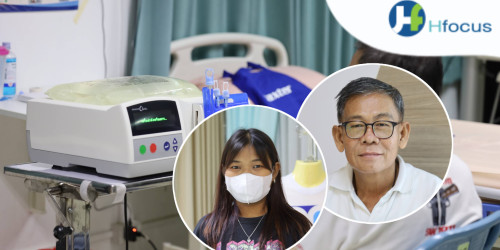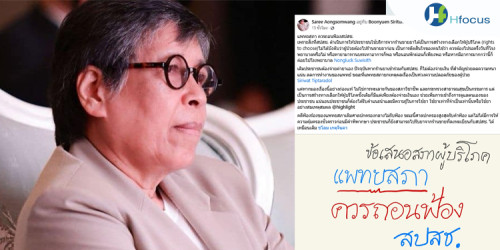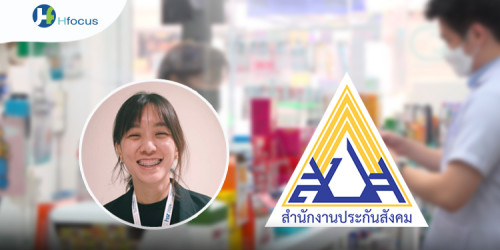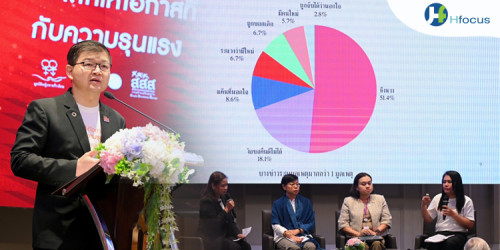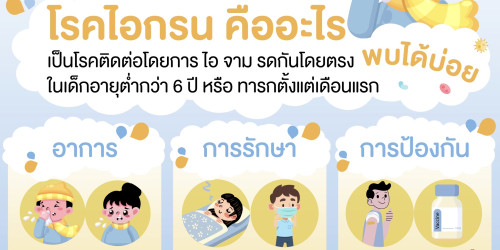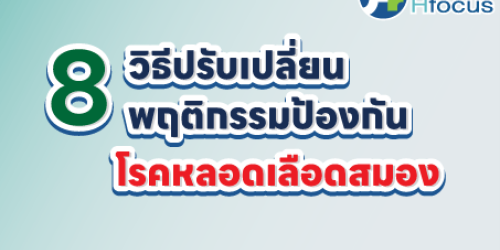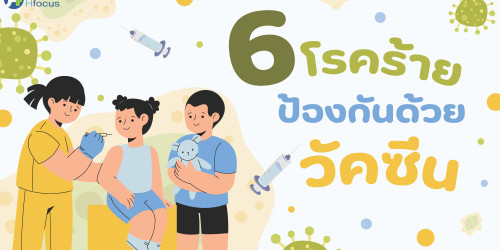Civil servants' and social security coverage fail to offer compensation, while universal healthcare patients must be educated on their right to obtain copies of their medical records.
When it comes to public health care in the 10 Asean countries , Thailand's system has won more praise than most from the international community for providing an effcient and quality service.
Even more lauded is its reach 90% of Thais have access to medical services.
The system consists of three healthcare schemes the Universal Healthcare Scheme, the Civil Servants Healthcare Scheme and the Employee Social Security scheme.
However, the system has still come under fire from civil society groups and the public. Critics claim patients' rights to gain access to their medical records and make copies of their records are not always respected under the schemes.
At present, some hospitals deny patients these rights.
Having this access would save patients from becoming victims of overcharging by some hospitals and would reduce the number of medical malpractice lawsuits, critics argue.
Patients under the healthcare schemes must be made aware of their right to gain access to their records. The schemes also must be modified to provide victims of medical malpractice with compensation, they say. In a conference titled " Two decades of the Thai universal healthcare system," held in March last year, Chulalongkorn University's Faculty of Economics lecturer Nualnoi Treerat pointed out that patients under the scheme do not have the power to negotiate or reject overcharging.
Because illness is unpredictable, patients are forced to seek medical services in circumstances in which they are relatively powerless, she said.
Medical providers also have the upper hand on patients when it comes to evaluating expenses, as they have more information regarding the treatment's functions and costs.
Under these circumstances patients are vulnerable to medical err ors and malpractice, she said.
Saree Ongsomwang, secretary-general of the Foundation for Consumers, said it is important that ever y patient is made aware of their right to gain access to their medical records.
Ms Saree said many patients do not know their own medical rights, partly because clinics and hospitals provide them with limited information.
Worse, no independent organisations have been set up in Thailand to educate and help patients whose medical rights are violated, she said.
Pinyamas Yothee, a 36-year-old mother, claims her son, now four, was born with disabilities because of the side-effects of medicine prescribed to her by doctors.
Ms Pinyamas also says doctors gave her a drug used to prevent the formation of blood clots when she was five months pregnant, despite her concerns the drug might affect her pregnancy.
The Nonthaburi Provincial Court ordered the Medical Services Department in November last year to pay 2.16 million baht in compensation to Ms Pinyamas.
"Ms Pinyamas received treatment under circumstances in which limited information was provided," read the verdict by Judge Yutthana Sawaisuwanwong.
But not all victims of medical malpractice will have the opportunity to have their day in court due to the difficulties of getting their hands on medical information and records.
The Medical Council reported that 202 medical error-related complaints were submitted to its committee between October 2010 and September 2011.
Another 162 cases of medical error-related lawsuits were submitted to the courts between 1996 and 2011.
Most of these cases involved the failure of physicians to perform medical services that were up to professional standard, or where treatment resulted in fatalities or disabilities, the council said.
Although the number of medical malpractice lawsuits has reduced year by year, the number of complaints to nonprofit organisations working on patients' rights has gradually climbed, critics say.
Preeyanan Lorsermvattana, Thai Medical Error Network president, said a shortage of physicians means patients are treated with limited time and resources, which can lead to negligent medical treatment.
Under Section 52 of the constitution, everyone has the right to medical services of a professional standard.
Patients have the right to be informed about the treatment they are about to receive and to decide, after consulting with doctors, if they want a certain treatment or not, Ms Preeyanan said.
Ms Preeyanan became a health activist almost two decades ago, after her son became a victim of medical malpractice. She has called on Yingluck Shinawatra administration to back legislation on medical malpractice compensation.
A medical malpractice bill drafted in 2006 is pending consideration by the Yingluck government. Health activists hope the government will pass the bill on to parliament for vetting and approval.
If the bill passes in to law, it will provide no-fault compensation for patients who fall victim to medical error, reduce lawsuits and improve the public health system, advocates say.
As Thailand has a unique health care system , which divides the population into three groups according to the three schemes, it is important for Thais to know the benefits conferred on them by each scheme (see graphic).
Unfortunately, only the Universal Healthcare Scheme offers compensation to victims of medical malpractice.
Patients under the universal scheme can forward their complaints to the National Health Security Office (NHSO) or
its regional centre.
In 2012, the NHSO paid compensation of more than 98 million baht in 834 cases of medical malpractice under the scheme. These comprised 401 fatality cases, 293 chronic illness cases and 14 disability cases.
In the other schemes, the only choice for patients is to negotiate or file a lawsuit.
Going by Ms Preeyanan's exper ience, a lawsuit can take three to 10 years to get to the final stage, which most patients end up losing as they are unable to fnd their medical records and witnesses.
Many poor people have to accept the results of medical malpractice because they cannot afford lawyers' fees and other related expenses.
Ms Preeyanan suggests patients demand copies of medical records from hospitals as they are essential evidence in fling medical suits.
However, Medical Council president Somsak Loalahka said medical error could not be blamed only on physicians.
"Patients must be responsible for their own health in collaboration with their physicians," he said.
He said some medical-error cases were the results of patients being negligent in following doctors' instructions.
Dr Somsak agrees a remedy system needs to be set up, but does not think every case is the result of medical malpractice. "No doctors want to make errors," he said.
HEALTHCARE SYSTEM UNDER
1. Universal healthcare scheme Beneficiaries: All Thai citizens who do not benefit from the other two healthcare schemes Number of beneficiaries: 48 million Source of funds: 100%-government funded Budget (baht/head/year): 2,755 Operator: National Health Security Office Hotline: 1330
2. Civil servants healthcare scheme Beneficiaries: Civil servants, their spouses, parents and the first three children who are yet to reach the age of maturity Number of beneficiaries: 5 million Source of funds: 100%-government funded Budget (baht/head/year): Open-ended, averages at 12,600 Operator: Comptroller-General's Department Hotline: None
3. Employee social security scheme Beneficiaries: Private companies' employees who register with the Social Security Office. Number of beneficiaries: 10 million Source of funds : 33%-government funded, 67% co-funded by employer and employee Budget (baht/head/year): 2,050 Operator: Social Security Office Hotline: 1506
Source: National Health Security Office
Source: Bangkok Post June 24, 2013
- 3 views

